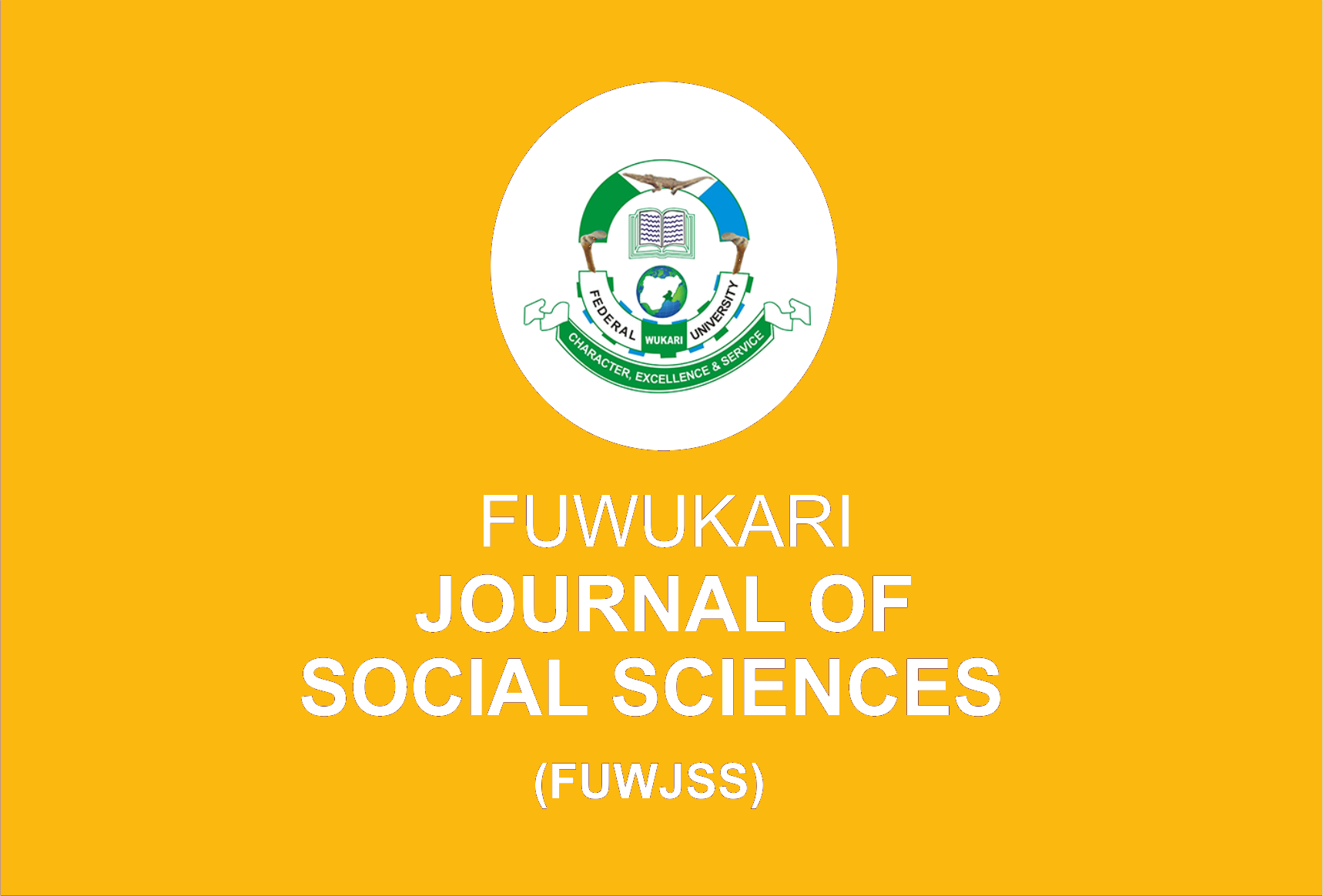Parental Socio-Economic Status And Youth Involvement In Kidnapping In Central Taraba, Nigeria
Daniel Rosemary Onchi, Dankano Chonwa Danasabe
Keywords: Kidnapping, Parental socio-economic status, Youth Involvement, Central Taraba
Abstract
This study investigates the relationship between parental socio-economic status (SES) and the involvement of youth in kidnapping in central senatorial district of Taraba State, Nigeria. Specifically, the study explores how the socio-economic condition of parents influence youths in central Taraba to get involved in kidnapping and other criminal activities. The study adopts social disorganization theory and differential association theory as theories that form the theoretical framework. A mixed research approach which triangulated quantitative and qualitative research methods was engaged to gather data from a sample of 1,111 youth aged 16-50 from diverse socio-economic backgrounds across the local government areas that constituted central senatorial zone of Taraba State, Nigeria. Data analysis involved statistical techniques which include frequencies, percentages, mean and standard deviation. The study results indicate that low parental socio-economic status leads to feelings of frustration and anger among youths, which in turn increase their likelihood of engaging in kidnapping. The study concludes that low parental socio-economic status has various risk factors that contribute to youth engagement in kidnapping in central Taraba. The study recommends the need for governments at all levels in central Taraba to address socio-economic disparities and strengthen family support systems to prevent youth engagement in criminal activities.
Author Biography
Daniel Rosemary Onchi, Dankano Chonwa Danasabe
Department of Sociology, Faculty of Social Sciences, Federal University Wukari, Taraba State, Nigeria.

